June 30, 2021
How You Can Be More Eco in Your Life by Jeremy Bowler
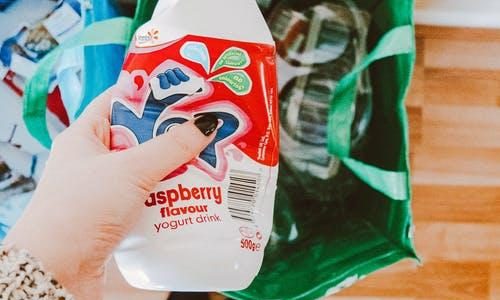
Writer Jeremy Bowler shares a few green tips for sustaining an eco-friendly lifestyle.
a burgundy zine
June 30, 2021

Writer Jeremy Bowler shares a few green tips for sustaining an eco-friendly lifestyle.
May 21, 2021

Experts from iDiveBlue explain what marine engineering is and explore advancements in the field that are mitigating the impact of oil drilling on sea life.
May 14, 2021

Mushrooms: everybody’s favorite quirk of nature. From the psychedelic genus psilocybe and the Ophiocordyceps unilateralis that “mind control” ants, to the mushrooms that clean up oil spills and the mushrooms that may serve as planetary habitats, researchers have found yet another use for fungi: radiation protection.
“The greatest hazard for humans on deep-space exploration missions is radiation,” says a preliminary report in the bioRxiv journal. “Certain fungi thrive in high-radiation environments on Earth, such as the contamination radius of the Chernobyl Nuclear Power Plant… These organisms appear to perform radiosynthesis, using pigments known as melanin to convert gamma radiation into chemical energy. It is hypothesized that these organisms can be employed as a radiation shield to protect other lifeforms.”
Radiosynthesis runs parallel to photosynthesis — but instead of eating sunlight (UV radiation), these shrooms are eating gamma radiation. And it’s all possible through melanin, the same pigment that determines hair and skin color.
May 8, 2021
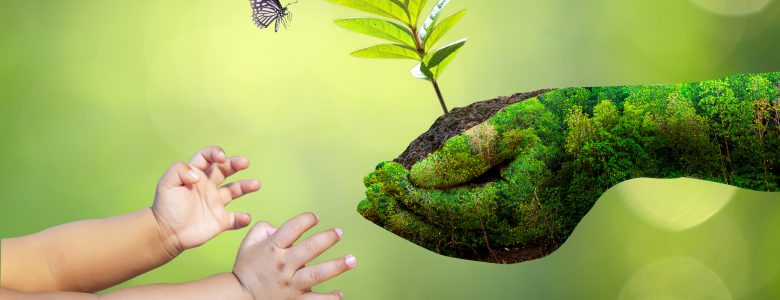
Beyond the “modern-day necessities” — cars, gas, electricity, and TikTok — the historically fundamental necessity, farming, contributes to a quarter of all greenhouse gas emissions globally. These emissions arise from agricultural practices, forestry, and land-use changes.
… Oh, and cow farts (or rather, their burps). Lest we forget the Food and Agriculture Organization of the United Nations reported that 14.5 percent of GHG emissions come from livestock, with cattle contributing to more than half of those emissions.
Since not-farming is not an option (and we can’t expect cows to never be gassy, even with dietary interventions), it’s high time for a sustainability overhaul of the agricultural industry: planet-friendly farming.
September 2, 2020
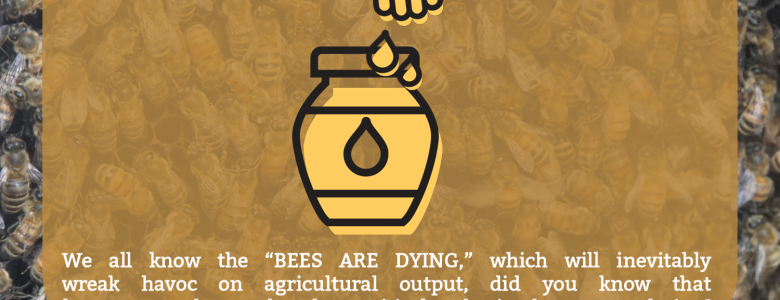
As sunflowers put on a show for us this month, it’s also important to pay homage to another black and yellow marvel of nature: bees.
September is National Honey Month, a time in which we honor the byproduct of the five-eyed, six-legged, insects that have soared through our skies at 20mph for the last 30 million years.
Bee pollination adds approximately 14 billion dollars to improved crop yield and quality annually in the United States, according to NASA. And while we all know the “BEES ARE DYING,” which will inevitably wreak havoc on agricultural output, did you know that honey may have played a critical role in human evolution?
August 22, 2020
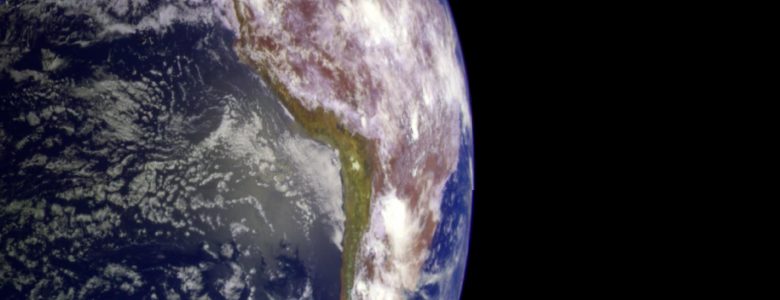
Today is Earth Overshoot Day, which marks the date when we silly, demanding humans have exhausted the natural resources beyond what Earth can regenerate in a given year.
August 19, 2020
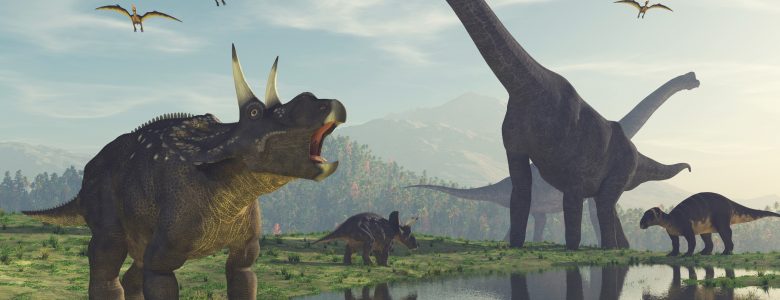
Cancer, one of the leading causes of death worldwide, appears to have afflicted the ferocious beasts the roamed the Earth with our prehistoric ancestors.
Earlier this month, research published in The Lancet Oncology Journal diagnosed a dinosaur with bone cancer. And this isn’t the first time researchers have made such a diagnosis based on dinosaur fossils.
August 14, 2020
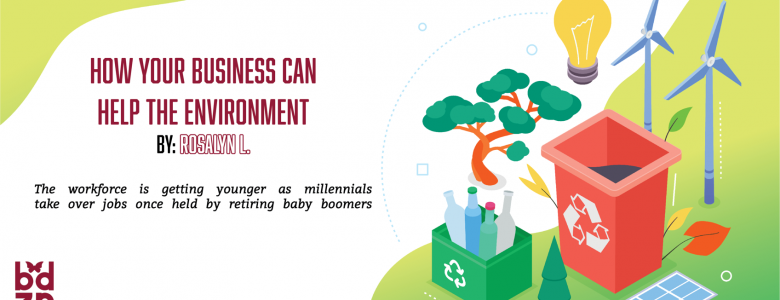
Motivational speaker and writer Rosalyn L. teaches us how businesses can strive to incorporate more eco-friendly practices.
July 1, 2020

Americans nationwide are flocking to beaches in droves as states ease their way into the green phase of the coronavirus pandemic.
While some may feel life is slowly “returning to normal,” other states have just begun to feel the full wrath of COVID-19.
In addition to raising our environmental awareness for National Clean Beaches Week, let’s not forget that we’re still amidst a global pandemic. We encourage you to spread information about making your day trips to the coast as safe as possible.